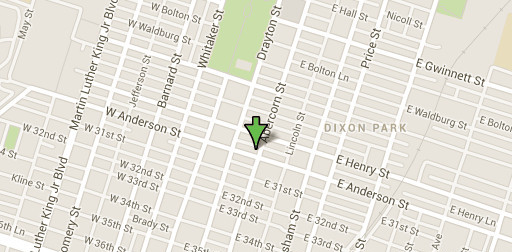A new study has linked migraines with carpal tunnel syndrome. It highlights the potential role of compression neuropathy in migraine headaches. Plastic surgeons promote this link as supporting surgical treatment for migraines. However, you don’t need surgery to relieve TMJ nerve compression for migraines. Nonsurgical TMJ treatment can help many people get long-lasting relief.
What Is Carpal Tunnel Syndrome?
Carpal tunnel syndrome is a condition where a person develops a nerve compression in their wrist. The median nerve runs from the forearm to the palm, through a narrow tunnel of bones and ligaments, the carpal tunnel. Irritation of tissues in this narrow tunnel can lead to swelling, which puts pressure on the median nerve. As a result, you may feel numbness, tingling, and weakness in the hand, especially the palm, thumb, index finger, and middle finger. This can also pain confined to the hand or pain that radiates up the arm. However, TMJ hand numbness may also cause this sensation. When a patient has TMJ, they often experience tingling sensations in their fingers or toes. This is due to the muscle strain TMJ does on the entire body.
The Migraine Connection and Why It Matters
Researchers sought to determine whether migraines and carpal tunnel syndrome were connected. They determined that there was a strong correlation between the two conditions. Researchers looked at data from nearly 26,000 Americans responding to a national health survey. The survey asked people if they had carpal tunnel syndrome or severe headaches or migraines.
Researchers analyzed the results and found that 3.7% of respondents had carpal tunnel syndrome while 16.3% had migraine headaches.
But among migraine sufferers, about 8% had carpal tunnel syndrome, compared to just 3% for those without migraines. And 34% of carpal tunnel syndrome sufferers had migraines, compared to just 16% for those without carpal tunnel syndrome. Adjusting for other factors, researchers found that people with carpal tunnel were 2.6 times more likely to have migraines and people with migraines were 2.7 times more likely to have carpal tunnel syndrome.
The reason this association matter is that it implies that nerve compression may play an important role in migraine formation, something that has been controversial.
If you experience carpal tunnel symptoms and frequent headaches, it’s also possible that TMJ is the cause of your pain and symptoms.
Nerve Decompression without Surgery

A recent study looked at the effectiveness of decompression surgery on migraines. The specific nerve it looked at was the zygomaticotemporal branch of the trigeminal nerve, which was pressured by muscles, blood vessels, and connective tissue in the temporal fossa. The temporal fossa is a depression in the side of the skull that is dominated by the temporal muscle, which is a jaw muscle.
Jaw muscles interact with many branches of the trigeminal nerve, which is the primary suspect for pressure point migraines. TMJ causes overactivity in the jaw muscles, increasing the amount of pressure they put on many nerves in the head. Relaxing your jaw muscles can accomplish the end goal of reducing pressure on the trigeminal nerve to control migraines. Treating TMJ, then, helps reduce or eliminate your migraines.
If you are looking for a nonsurgical migraine treatment in Hilton Head that can also help with symptoms like jaw pain, tinnitus, and more, please call (843) 706-2999 for an appointment with a TMJ dentist at Beyond Exceptional Dentistry.




